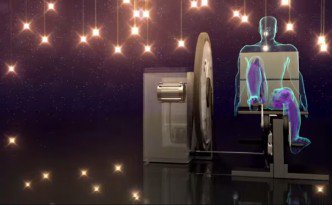Did you know that almost half of the world’s population do not have access to a reliable supply of energy, with many having no access to electricity at all?
This problem, which directly affects the poor, keeps them in their current state of poverty. Having access to electricity will allow these poverty-stricken communities to not only meet their domestic energy needs but will also provide with education through access to the internet.
As they say, knowledge is power and becoming educated will empower these communities and give them an opportunity out of their current status quo. So what if a solution could be provided to local rural communities where they could generate a daily reliable supply of energy per household through a single hour of pedaling on an electric hybrid bike?
Indian American businessman and philanthropist, Manoj Bhargava, is the CEO of the company known for producing the “5-hour Energy” drink. By 2012 the brand had grown to do an estimated $1billion in sales.
Bhargava, founder of the Billions in Change movement, has pledged 99% of his net worth to improving the well-being of the world’s less fortunate. As part of this campaign he has invented a static bicycle, known as Free Electric, that is designed to harness human mechanical energy.
Pedaling the bike spins a flywheel, which powers the generator. This in turn charges the battery, creating enough power for running lights and other small electrical appliances. A single bicycle can be used continuously to service 24 households with electricity for 24 hours.

The bike is cheap, clean, and practical in terms of providing energy to those who need it most on a global scale. Bhargava plans to release 10,000 Free Electrics in India in 2016. This machine could revolutionise people’s access to electricity around the world. In developed nations, the bike could also be utilized to reduce energy costs and tackle health problems associated with obesity.







